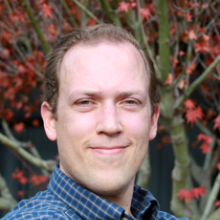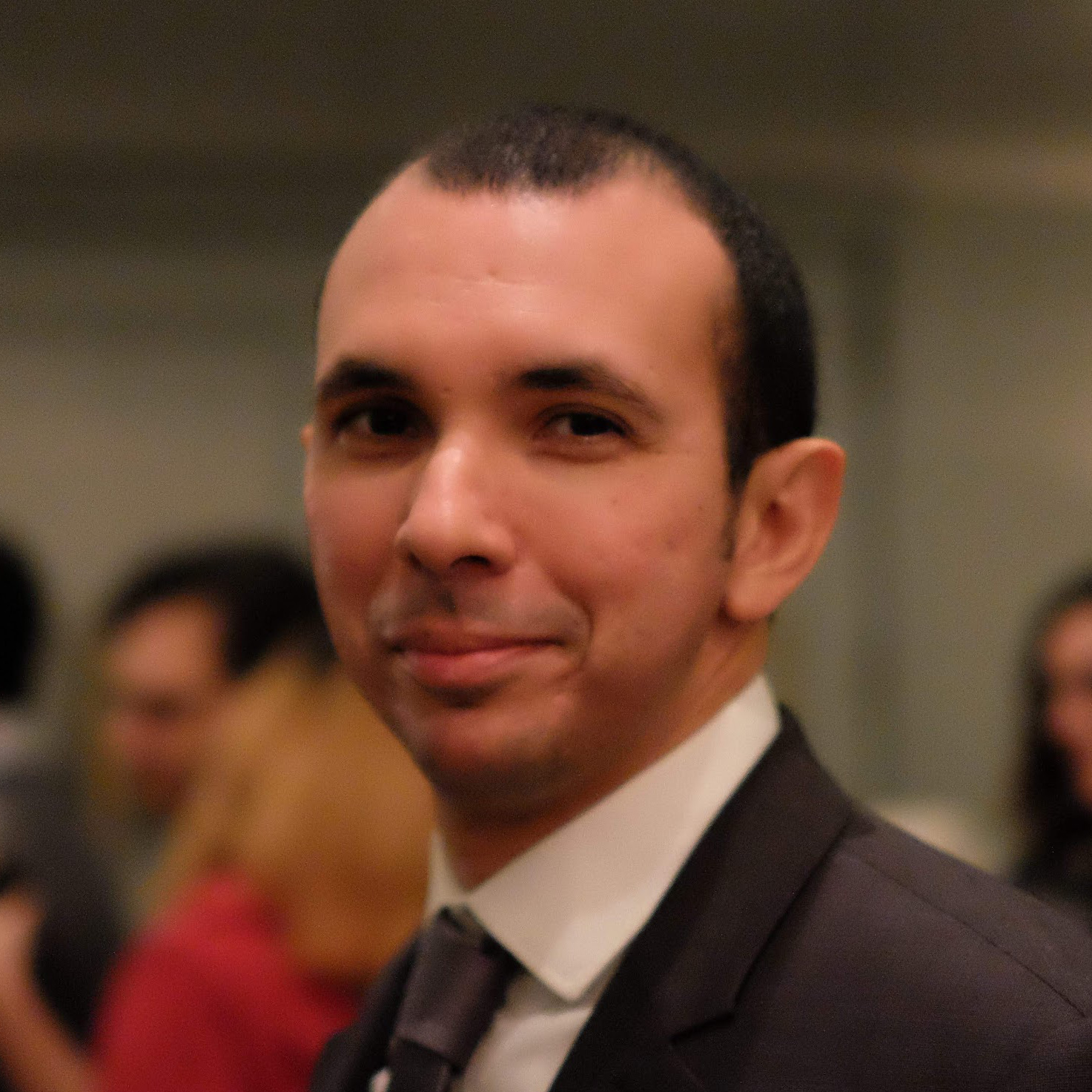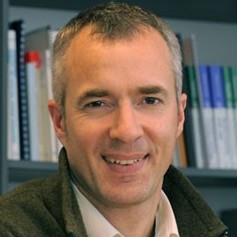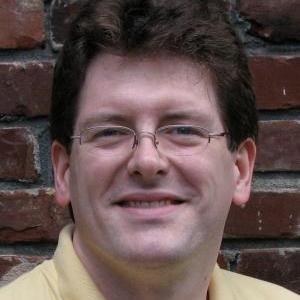ERROR 2022
2nd Workshop on E-science ReseaRch leading tO negative Results
October 10, 2022
ERROR 2022 provides the e-Science community a dedicated and active forum for exchanging cross-discipline experiences on research leading to negative results and lessons learned. The workshop covers both applications and systems areas, including topics in research methodology, reproducibility, the applications/systems interface, social problems in computational science, and other relevant areas.
In conjunction with
Proceedings with

Workshop Program
Oct 10, Miller Town Hall
| Time | Event | Chair |
|---|---|---|
| 1:30pm-1:40pm | Welcome & Introduction Ketan Maheshwari |
|
| 1:40pm-2:40pm | Keynote Brian S Van Essen |
Justin Wozniak |
| 2:40pm-3:00pm | The Ghost of Performance Reproducibility Past Srinivasan Ramesh, Mikhail Titov, Matteo Turilli, Shantenu Jha and Allen Malony |
|
| 3:00pm-3:30pm | Break Break |
|
| 3:30pm-3:50pm | Failure Sources in Machine Learning for Medicine---A Study Hana Ahmed, Roselyne Tchoua and Jay Lofstead |
Rafael Ferreira da Silva |
| 3:50pm-4:10pm | Automated metadata extraction: challenges and opportunities Tyler Skluzacek, Kyle Chard and Ian Foster |
|
| 4:10pm-4:30pm | F*** workflows: when parts of FAIR are missing Sean Wilkinson, Greg Eisenhauer, Anuj Kapadia, Kathryn Knight, Jeremy Logan, Patrick Widener and Matthew Wolf |
|
| 4:30pm-4:35pm | Concluding Remarks Ketan Maheshwari |
Important Dates
-
July 8, 2022July 22, 2022
Papers Submission -
August 8, 2022
Paper Acceptance Notifications -
August 15, 2022
Camera-ready Submissions -
October 10, 2022
Workshop
All deadlines are Anywhere on Earth (AoE).
Call for Papers
Escience researchers often invest significant time and effort in projects that can have unexpected outcomes. When results are obtained that do not fit the established molds expected by publishing venues, these results can be lost. The ERROR Workshop invites research results from computing and computational projects that encounter unexpected or negative results that would be difficult to report on elsewhere.
Novel hardware technologies and machine learning approaches (among others) are rapidly changing approaches, methods, and scale applied in escience domains. Researchers must deal with this novelty in multiple dimensions, many of which are beyond their control. Consequently, it is likely that some of the obtained results will not be of the expected form: they are negative (deviating from initial hypothesis), abnormal (anomalous to results from similar studies), or otherwise not useful in the established sense.
Under normal circumstances, such negative results and why they were obtained are seldom discussed, analyzed and published. Useful lessons are thus lost to the scientific community. Yet ignoring such results and the process by which they were obtained poses a risk of repetition. The fact that other researchers likely face the same situations and the same pitfalls further increases the cost of research, a cost that would have been avoided if the negative results were brought forward and discussed in-depth within and across communities.
Topics for the workshop
- Unforeseen technology / problem / technique misfits
- Institutional policies (on rejected research)
- Failures and obstacles faced during a successful research work
- Controversial results because of undiscovered technical glitch
- Unconventional results which contradict theoretical expectations
- Discovery of better approaches after significant efforts spent on research
- Inadequate or misconfigured infrastructure
- Abnormal and anomalous results
- Ongoing research with setbacks and lessons learned
- A hypothesis with one or more limiting assumptions found to be incorrect
- Discovery of unexpected behavior in hardware, networks or platforms
- Data size that is too big or too small for the applied technique
- Implementation of simulation tools based on incorrect physical observations
- Defect in software design, architecture and/or user interface
- Software and platform incompatibilities
- Zero defect software policy and its implications
- Other topics relevant to the description above
Proceedings Publication

Accepted papers from the workshop will be published as part of eScience 2022 proceedings to be published by the IEEE Computer Society Press, USA and made available online through the IEEE Digital Library.
Paper Submission Guidelines
Authors are invited to submit a maximum of 6-page manuscripts describing
original and unpublished work surrounding the aforementioned topics. The format
of the paper should be of double column text using single spaced 10 point size
on 8.5 x 11 inch pages, as per IEEE 8.5 x 11 manuscript guidelines. Templates
are available from
this link.
Authors should submit a PDF file that will print on a postscript printer
to the easychair conference
system.
Keynote Speaker

Brian C. Van Essen
Lawrence Livermore National Laboratory, USA
Organization

Ketan Maheshwari (km0@ornl.gov)
Oak Ridge National Laboratory, USA

Rafael Ferreira da Silva
Oak Ridge National Laboratory, USA

Tristan Glatard
Concordia University, Canada

Justin Wozniak
Argonne National Laboratory, USA

Daniel S. Katz
University of Illinois at Urbana-Champaign, USA
Program Committee

Tainã Coleman
University of Southern California, USA

Rosa Filgueira
University of St Andrews, UK
Arnaud Legrand
CNRS, France

Ulf Leser
Humboldt-Universitaet zu Berlin, Germany

Loïc Pottier
University of Southern California, USA

Frédéric Suter
Oak Ridge National Laboratory, USA
Sean R. Wilkinson
Oak Ridge National Laboratory, USA

Matthew Wolf
Oak Ridge National Laboratory, USA

Olga Kuchar
Oak Ridge National Laboratory, USA